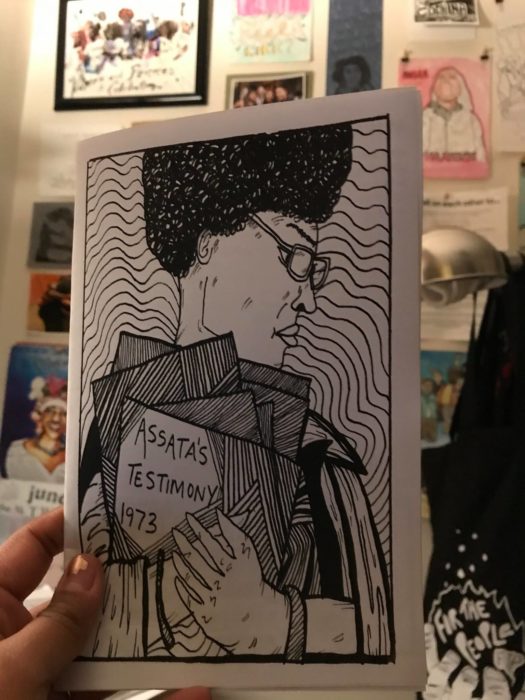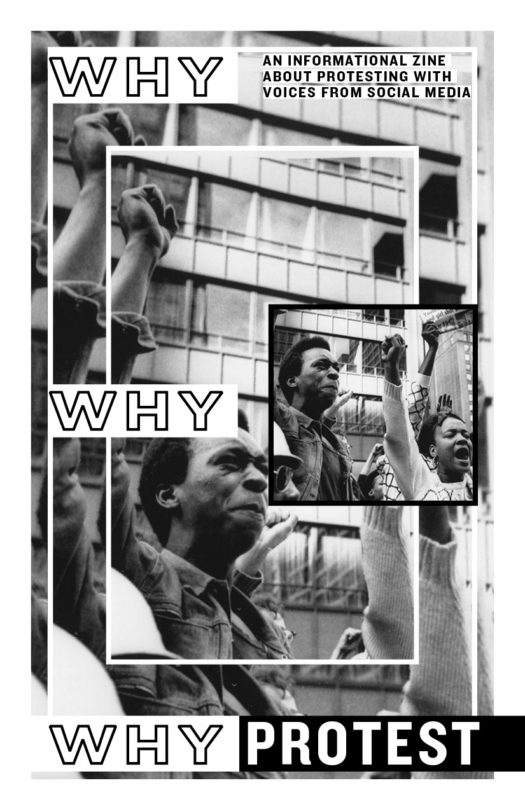Abolishing Bail…
A few weeks ago, I was the keynote speaker at a national gathering of community bail funds. I spoke about a number of things. Here’s an excerpt from my talk:
The National United Committee to Free Angela Davis framed bail as a political weapon that was being used against Black and poor people as a way to unjustly and illegally detain them. They write:
“In NYC, however, money bail is set in 85% of all felony cases – and well over half of these alleged felons are held because they can’t afford bail. But of these people, more than 1/3 are later acquitted of all charges, and another large percentage are convicted but given suspended sentences. Who ae these people who spend months and years behind bars despite their right to bail and freedom? In NY, there are poor Blacks and Puerto Ricans, for the most part – and they number in the tens of thousands ever year, jamming and overflowing the city’s ancient and dilapidated jails.
Most people have no idea of the larger number of brothers and sisters who languish behind bars because they can’t make bail. It’s generally thought that everyone has access to bail bondsmen whose activities are carefully regulated by law.”
Doesn’t this sound eerily familiar?
What is our current coherent political argument against the coercive use of bail/bond? What is our consistent argument that is being articulated across our movements?
[…]
The National United Committee to Free Angela Davis was clear-eyed in linking its fight to free Davis with a broader fight to free all prisoners:
“A political attack on the bail system as a racist system of pre-trial detention has to be mounted in all prominent political cases. But the attack, to be successful, must not only result in the freeing of a particular captive. It must also bring massive, organized pressure to bear on the whole oppressive bail system itself. Political activists are captured and incarcerated because their struggles point towards the liberation of all oppressed peoples. Only when the burden of oppression has been lifted from the shoulders of all their brothers and sisters will political prisoners be truly free.”
Recently, Critical Resistance hosted a discussion for donors about abolishing cash bond and ending pre-trial detention. You can hear the discussion below.
CR also produced a set of guidelines for considering bail reforms from an abolitionist perspective. You can download those guidelines here. You can find more resources that were shared on the webinar/call here.


